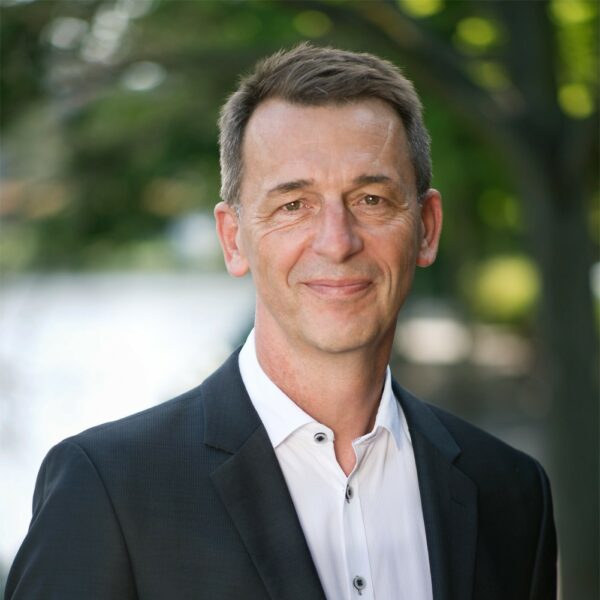Power is everywhere in human relations. Its dimensions are also observable in interactions between organisations and institutions and play an increasing role in international political arenas (geopolitical power shifts). While power might not be good or bad per se, the effects of power imbalances contribute to human suffering, inequalities, lack of participatory opportunities, civil unrest. They can be found in regional (North-South), economic and political divides and are often characterized by marginalisation of communities, abuse of political power, bad governance and corruption.
The work of civil society organisations is conducted right in the middle of such relationships and they themselves are powerful actors and can become part of power imbalances, e.g. in their relationship with local partners and communities, and not least with the people they serve. In recent years, the international community has tried to address this more systematically, e.g. by the localisation agenda in humanitarian work, and by power transformations within governance models of larger federations. A recent ‘Pathways to Power Symposium’ in London came up with a Power Shift manifesto. It sparked an intensified debate on accelerating much-needed changes that #ShiftThePower.
Power imbalances within and between Northern and Southern, but also large and small, rich and resource-scarce international civil society organisations (ICSOs) often stand in the way of these organisations achieving their missions and mandates. To improve the livelihoods of people by delivering inclusive programmes and taking solid resource-allocation decisions, ICSOs need to shift power to these communities. However, ‘traditional’ governance models that are process-heavy and geared towards donor accountability, limit the engagement of communities from engaging in decision-making processes. ICSOs are also often organised in a parent-subsidiary operation model whereby a resource-rich entity controls implementing branches and partner organisations in the Global South. This is exacerbated by donor-driven, project-based operational models that prevent processes of inclusive resource allocation and prioritisation.
About our Power Shift Lab
The International Civil Society Centre in conjunction with Conner Advisory conducted a first Power Shift Lab in September 2018 to address this appetite towards more legitimate and global governance. ICSO leaders from the Global North and South reviewed the inter-relationship of the ‘Golden Triangle’: Power Dynamics, Organisational Intent and Governance Reform’. They found that they are in a much better position to assess adequate governance models and necessary reforms if they know what the power dynamics inside and around their organisations are, and how they help or hinder their strategic intent.
A few ICSOs have radically started to place the people they serve at the top or centre of their governance models, whilst others are seeking approaches that are more evolutionary. This moves towards an ambitious aim but is faced with significant challenges caused by organisational culture, open or hidden power structures and established business models. Building on the implementation successes (and failures) after the first Lab, the Centre will – in its next Governance Lab 2.0 in March 2020 – explore the questions of how to overcome these barriers and lead the necessary power shifts.










